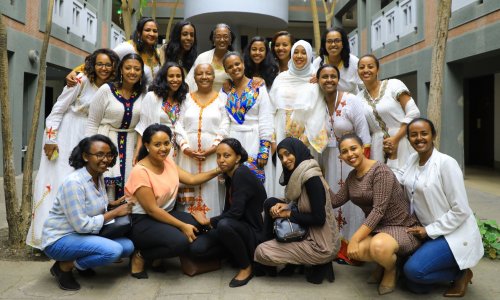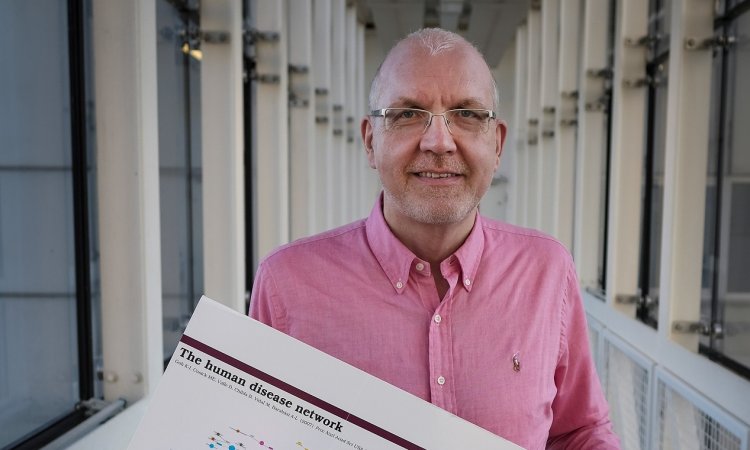Meeting the needs of different cultures: Switzerland
From Switzerland, Dr André Weissen reports that there are no consistent hospital guidelines regarding patients' faiths. 'There are neither any directives nor binding rules as to how a hospital is to treat Muslim patients, for example. Nevertheless, everybody everywhere is trying their utmost to accommodate their specific needs.'

Nurses are receiving training as to what type of problems may occur and what the possible solutions should be. A lot of reference is being made to a small publication on this topic. Published in 2003, this was not meant to be a handbook or set of guidelines, but was actually the result of a project by five trainee nurses at the nursing school at the St Clara Hospital in Basle. However, it is now considered to be almost a benchmark on this subject. The publication can be found (German only) at: http://www.pflegeschule-clara.ch/projektarbeiten/PSC_Mu_imSpital.pdf.’
As reported in our previous articles on this subject, Dr Weissen points out significant considerations. ‘A Muslim views illness not as punishment but as a test, created, as everything else, by God. There is a cure for each illness, but God alone is the healing power. A Muslim is required by his faith to raise the power and patience to be healed as quickly as possible. Relatives are required to support the patient in this test as best and intensively as possible.
‘Mixing genders? Within the Muslim faith, dealing with unknown members of a different sex is usually limited to the strictly necessary. Muslims have a much more pronounced sense of shame than Western Europeans. This is the issue causing the most conflicts within the hospital, which is why some principles should be adhered to as far as possible. The easiest thing would be for men only to be treated by men and women to be treated by women – meaning doctors as well as nurses. Certainly, exceptions are not viewed as sins, so examinations by doctors or nurses of the opposite sex are possible. However, it should be avoided whenever possible.
‘If this is unavoidable, it is very important to ensure that the patient to be examined is not alone in a room with the doctor or nurse who will examine them. Particularly in the case of female patients it makes sense to ensure that a third person, of the female sex, is present during an examination, because it is a difficult issue for a female Muslim whose clothes represent mental and physical protection. Even with a female chaperone present, they find it difficult to remove their clothes in the presence of unknown males.
‘Diet? The Muslim faith forbids the consumption of foods considered to be unclean. This particularly includes alcohol and pork. A solution would be to offer kosher meat prepared according to Jewish guidelines. Muslims can consume dairy produce, eggs, fish, vegetables and fruit. Another option: a vegetarian diet, as long as this does not contravene a diet prescribed by the doctor. Another possibility is for relatives to supply food from outside the hospital.
‘Hospital visits: Muslim patients tend to receive many visitors. This is based on the religious duty of Muslims to look after someone who is ill, but is also simply something that is done. Relatives and friends visit, often with the children, and often bring food. Visits are particularly important if a patient is dying; according to Islamic rules, someone who is dying should never be alone. The dying person forgives those who may have done something to him in earlier times. Therefore, it is important to ensure that relatives are able to offer the patient this spiritual, terminal care in a separate room.
17.02.2009





